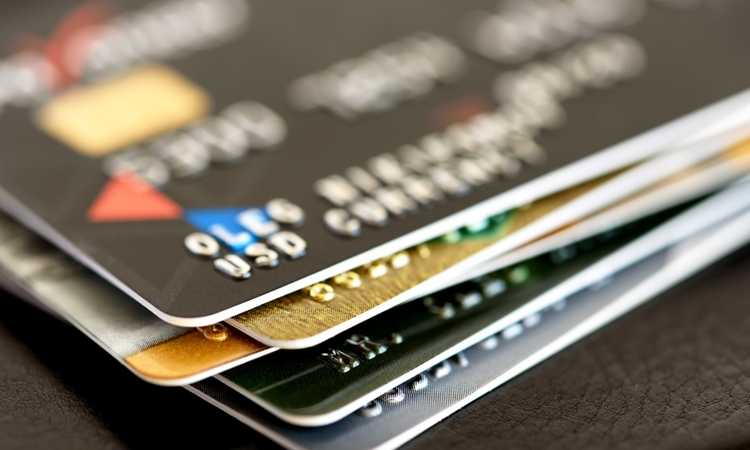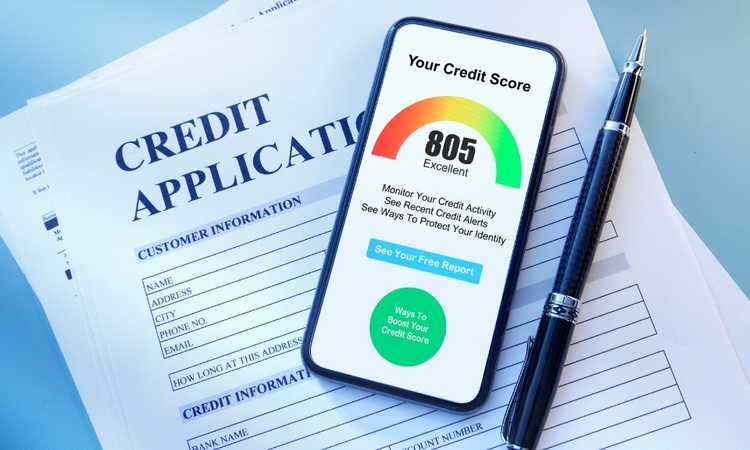Are you wondering how to raise your credit score after bankruptcy? If so, don’t worry – it’s not as hard as you might think. Bankruptcy can be a challenging experience, but it’s also an opportunity to start fresh and rebuild your credit score. Follow these tips to get back on track and improve your credit rating.
1. Understand what led to your bankruptcy and take steps to correct it
Bankruptcy is a difficult experience that no one wants to go through. However, it is important to understand what led to your bankruptcy and take steps to correct it.
There are many reasons why people file for bankruptcy, but some of the most common include job loss, medical bills, and divorce. Whatever the reason, it is important to take a close look at your finances and make a plan to get back on track. This may involve creating a budget, negotiating with creditors, or getting help from a financial advisor.
The most important thing is to learn from your mistakes and take steps to ensure that you do not find yourself in financial trouble again. By taking these steps, you can start fresh and rebuild your credit history.
Read This: The Best Guide to Credit Repair After Bankruptcy
2. Get a copy of your credit report and score from all three credit bureaus
One way raise your credit score after bankruptcy is to keep tabs on your credit score and report, especially if you’re planning on making any large purchases in the near future. Your credit score is a numerical representation of your creditworthiness, and it’s used by lenders to determine whether or not you’re a good candidate for a loan. Your credit report, on the other hand, is a detailed record of your credit history. It includes information about your payment history, outstanding debts, and any adverse actions taken against you.

You’re entitled to one free copy of your credit report from each of the three major credit bureaus every year. You can request them online or by mail. Once you have your reports, take some time to go through them carefully. Look for any errors or incorrect information, and dispute any items that don’t seem accurate. By keeping an eye on your credit score and report, you can help improve your financial health.
To get your free credit report by phone, call: 1-877-322-8228
To get your free annual credit report by mail, write to: Annual Credit Report Request Service P.O Box 105281 Atlanta, GA 30348-5281
Read This: How you can get a copy of your credit report for free

3. Dispute any inaccurate information on your credit report
Your credit report is a vital part of your financial health. It is used by lenders to determine your creditworthiness, and it can also be used by landlords, employers, and insurers. That’s why it’s important to make sure that the information on your credit report is accurate, especially if you’re trying to raise your credit score after bankruptcy
If you find any errors, you should dispute them with the credit bureau. This process can be time-consuming, but it’s worth it to make sure that your credit report is accurate.
The first step is to identify the inaccurate information. Then, you’ll need to gather supporting documentation and send a letter to the credit bureau.
The credit bureau will then investigate the error and correct it if necessary. By taking this step, you can help ensure that your credit report accurately reflects your financial history.
Read This: The Best Credit Repair Companies
4. Start building positive credit history by opening a secured credit card account
A secured credit card is a great way to build positive credit history. By making regular on-time payments, you can establish a good payment history that will improve your credit score.
Additionally, using a secured credit card can help you develop good financial habits, such as paying off your balance in full each month and staying within your credit limit.
If you’re not sure where to start, you can compare secured credit cards online and find one that best suits your needs. With a little effort, you can quickly establish yourself as a responsible borrower and enjoy the benefits of having good credit.
5. Pay your bills on time and in full every month
One of the best ways to improve your financial health is to pay your bills on time and in full every month. This may seem like obvious advice, but it’s amazing how many people struggle to keep up with their monthly payments. By making a budget and sticking to it, you can ensure that all of your bills are paid on time.
Additionally, by paying your bills in full each month, you can avoid costly interest charges and late fees. While it may take some effort to get into the habit of paying your bills on time, it will be well worth it in the long run. Not only will you save money, but you’ll also improve your credit score.
As a result, you’ll be able to qualify for better interest rates on loans and credit cards. Ultimately, paying your bills on time and in full is one of the smartest things you can do for your finances, especially when you’re learning how to raise your credit score after bankruptcy.

6. Monitor your credit utilization ratio and keep it below 30%
One of the most important things you can do to maintain a good credit score is to monitor your credit utilization ratio. This ratio measures the amount of credit you’re using compared to the total amount of credit available to you, and it’s a key factor in determining your credit score.
Ideally, you should keep your credit utilization ratio below 30%. That means if you have a credit card with a $1,000 limit, you shouldn’t charge more than $300 in a month. If you’re regularly exceeding that 30% threshold, it’s a good idea to either pay down your debt or increase your credit limit. By keeping your credit utilization low, you’ll not only improve your credit score, but you’ll also make it easier to manage your debt.
Next Steps
No one wants to go through bankruptcy, but if you do, it’s not the end of the world. There are steps you can take to improve your credit score and get back on track financially. Try some of these tips and see how they work for you. And remember, even though it may takes years to rebuild your credit score, it is possible to get approved for loans and lines of credit down the road. Just stay patient and disciplined with your finances, and you’ll eventually see your score start to rise again.

Erika Finn, founder of Credit Help, is an attorney who graduated from law school (JD) at University of California, Berkeley and is a member of the California Bar Association. She was a member and editor of the California Law Review and won the Prosser Prize for Legal Accounting. She holds a Master’s Degree (MFA) from the University of Southern California (USC) and a Bachelor’s degree (BA) from Indiana University- Bloomington with highest distinction.
Credit Help believes that everyone should have access to helpful, free information about how to raise their credit rating.
Articles on Credit Help are not legal advice or financial advice.